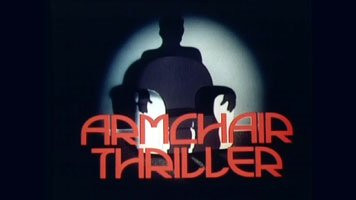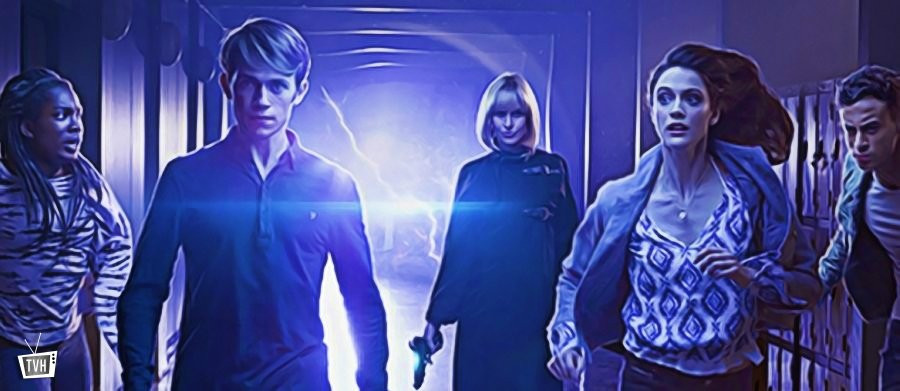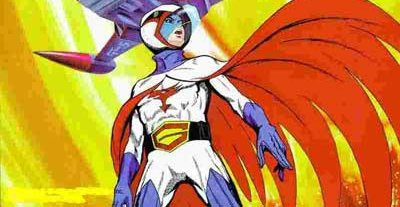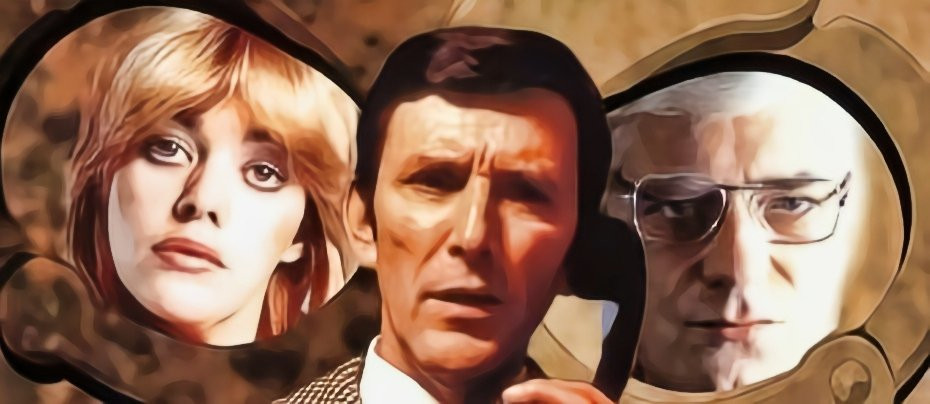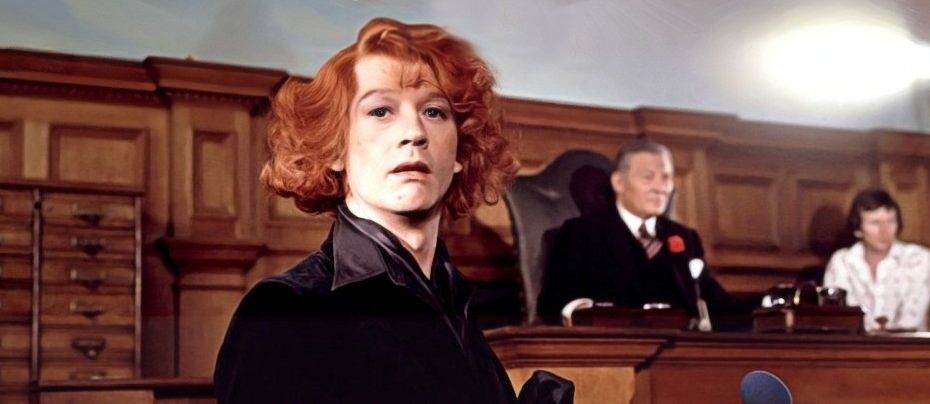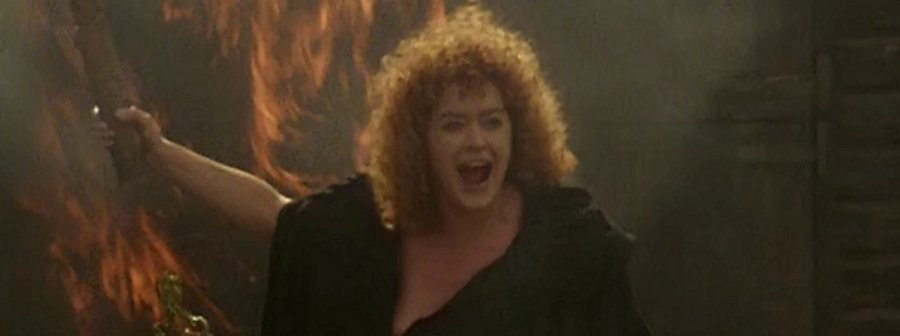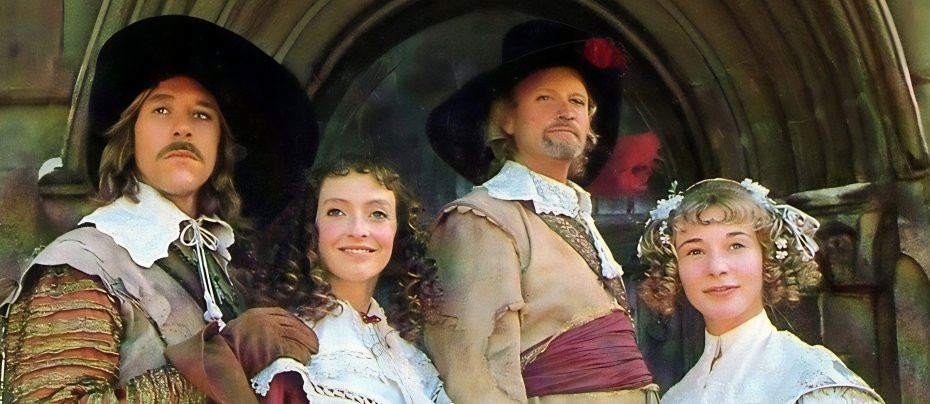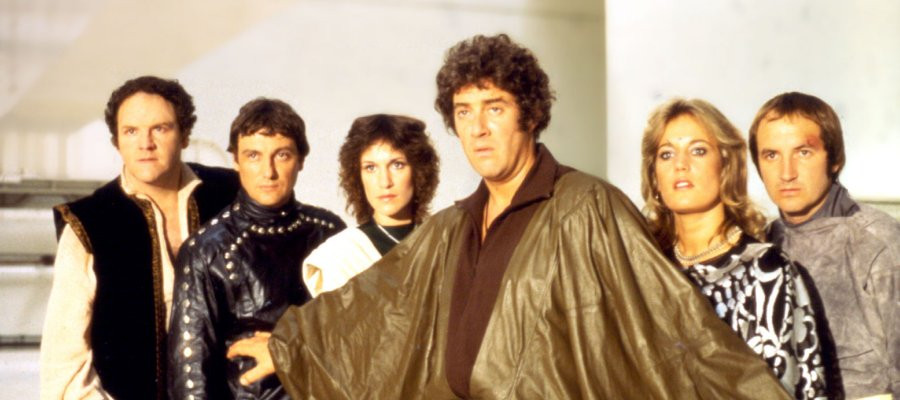
Blake's 7
1978 - United KingdomGrit, Guns and Galactic Rebellion on a Budget
Review by Laurence Marcus
When Blake’s 7 first aired on BBC One on 2 January 1978 — the very night Star Wars exploded onto cinema screens in London — Terry Nation's ambitious sci-fi saga was destined to be overshadowed. Yet despite its modest budget and often visibly creaky sets, Blake’s 7 carved out a unique niche in British television history. Unlike the slick Hollywood spectacle of Star Wars, this was dystopian science fiction with a distinctly British flavour — bleak, morally murky, and, at times, genuinely subversive.
Set in the “third century of the second calendar,” Blake’s 7 envisioned a grim future Earth crushed beneath the iron grip of the totalitarian Federation. It was a world where creative thought was drugged out of the population, dissidents were exterminated or exiled on trumped-up charges, and propaganda reigned supreme. The opening premise was daringly dark for its time: Roj Blake (Gareth Thomas), a disillusioned former resistance leader, is falsely accused of child molestation—an audacious plot point by Nation, better known at that time for creating The Daleks and Survivors.
After a failed show trial and transportation to an off-world penal colony, Blake leads a mutiny aboard the prison ship and escapes with a ragtag band of criminals aboard the abandoned alien vessel Liberator. From this unlikely premise, Nation built what was essentially a space-age Robin Hood, with Blake as the noble outlaw fighting a corrupt regime. But what truly set Blake’s 7 apart was its refusal to offer up clean-cut heroes. These weren’t noble freedom fighters so much as morally complex characters each with their own shady pasts and personal agendas.
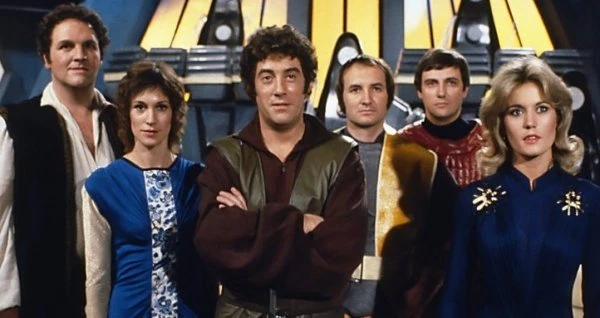
Blake’s original crew — the eponymous seven — included cold and calculating computer genius Kerr Avon (Paul Darrow), cowardly thief Vila (Michael Keating), strongman Olag Gan (David Jackson), smuggler and pilot Jenna (Sally Knyvette), Auron telepath Cally (Jan Chappell), and the ship’s own eerily impersonal AI, Zen. The ensemble quickly established itself as the core appeal of the series, offering rich character dynamics and endless tension — particularly between the idealistic Blake and the cynical Avon.
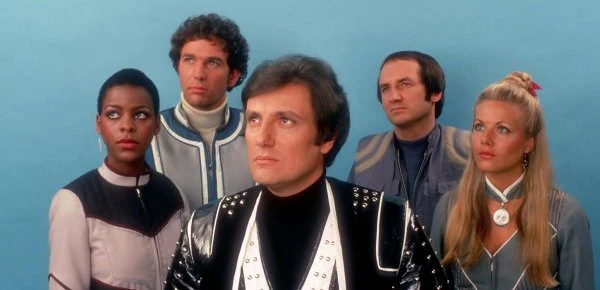
As the series progressed, however, changes to the cast altered the chemistry significantly. Gareth Thomas departed, leaving Blake’s ideological void to be filled (less effectively) by standard-issue mercenary Del Tarrant. Gan and Cally met untimely ends, Jenna vanished off-screen, and their places were taken by weapons expert Dayna, icy gunslinger Soolin (played by Glynis Barber), and the irritatingly obsequious computer Slave on the duller, boxier replacement ship Scorpio, following the Liberator’s destruction.
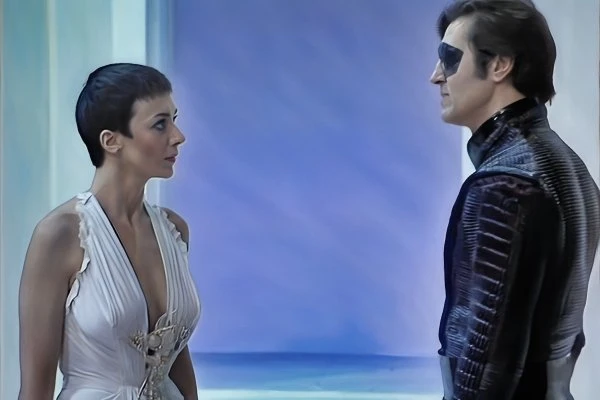
With Blake gone, Avon stepped into the limelight, evolving into a brooding, Machiavellian anti-hero—a bold move that pushed the series into murkier, more ambiguous territory. His twisted rivalry with the deliciously unhinged Federation Supreme Commander Servalan (Jacqueline Pearce, all glamour and menace in a performance that became instantly iconic) became the driving force of the later series. Their cat-and-mouse dynamic was charged with hostility, flirtation, and philosophical contrast, providing one of the richest villain-hero relationships British sci-fi has ever produced.
As Nation departed and the budget tightened, the cracks began to show. Set design grew flimsier, and the writing increasingly struggled to maintain the moral complexity and narrative drive of earlier seasons. And yet, despite these setbacks, Blake’s 7 retained a loyal cult following, fuelled by its unique tone, memorable characters, and commitment to drama over spectacle.
All of this culminated in a series finale that remains one of the boldest in television history. In Blake, more than ten million viewers watched in stunned silence as the returning Blake was shot and killed by Avon, who believed him to be a traitor. What followed was a shocking massacre, as the entire crew appeared to be gunned down in a flurry of gunfire. The series ended not with triumph or resolution, but with death, betrayal, and a single, ambiguous moment: Avon, standing over Blake’s body, surrounded, lifting his weapon... then a freeze frame. Silence. Blackout.
For a show born of low budgets and high ambition, Blake’s 7 dared to challenge the norms of both sci-fi and television storytelling. It may have lacked the polish of its American counterparts, but what it offered instead was a darkly intelligent space opera that trusted its audience to grapple with questions of power, morality, and what it truly means to be a hero.
No, it wasn’t Star Wars—but it was never trying to be. Blake’s 7 was something rarer: a home-grown, character-driven rebellion in space, delivered with courage, imagination, and an awful lot of duct tape.
Seen this show? How do you rate it?
Seen this show? How do you rate it?
Published on May 9th, 2025. Written by Laurence Marcus for Television Heaven.


